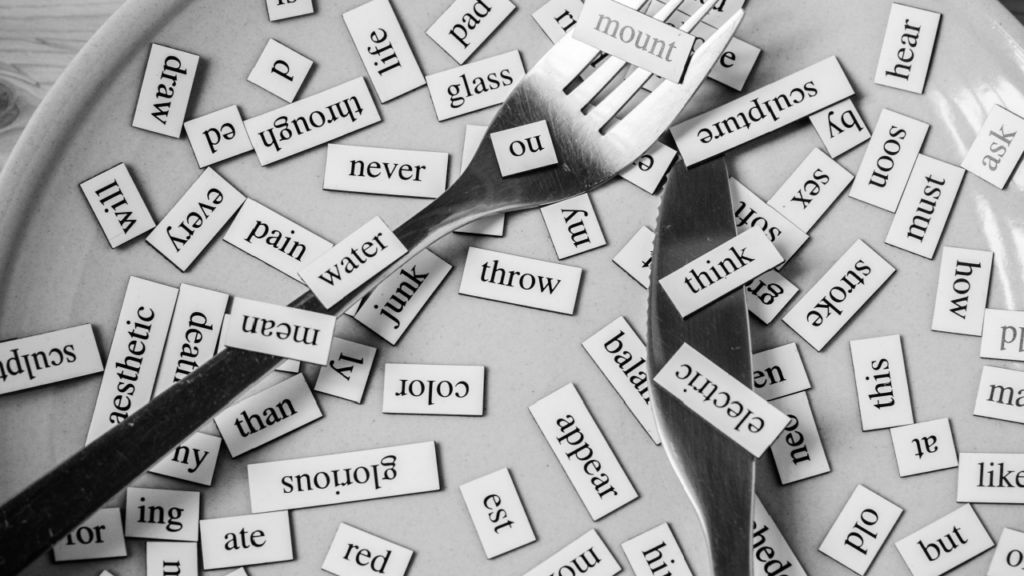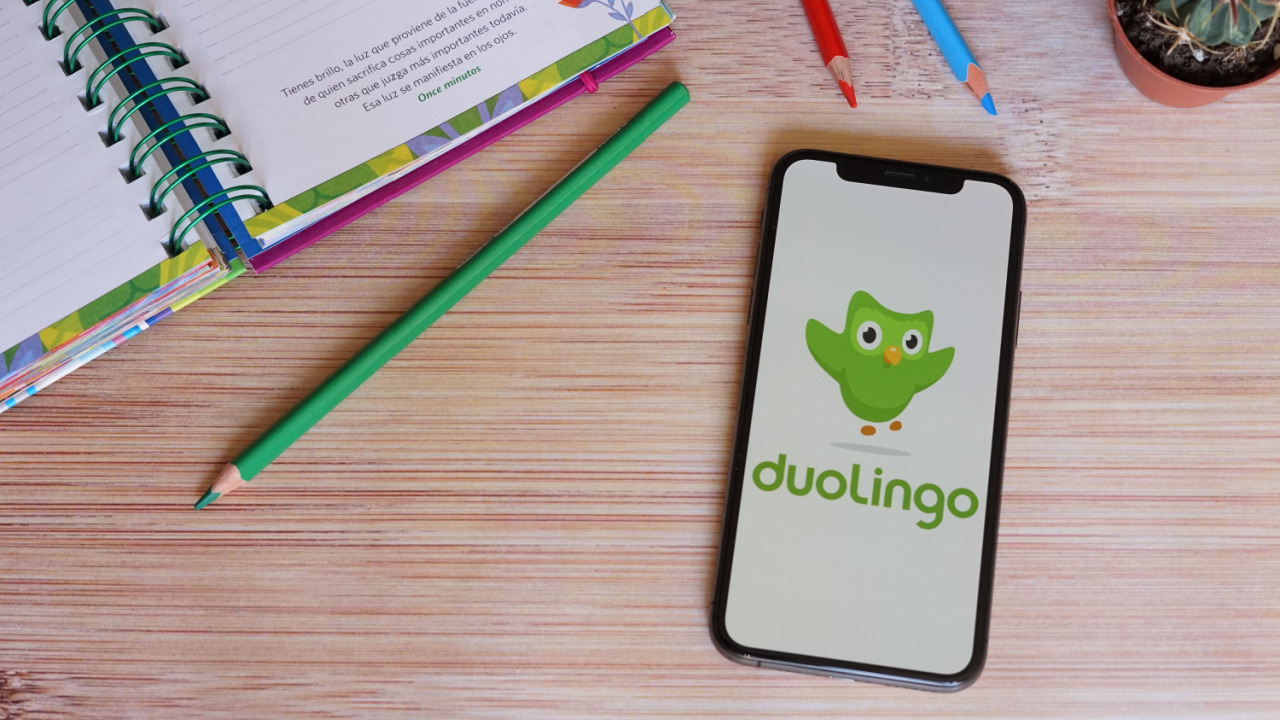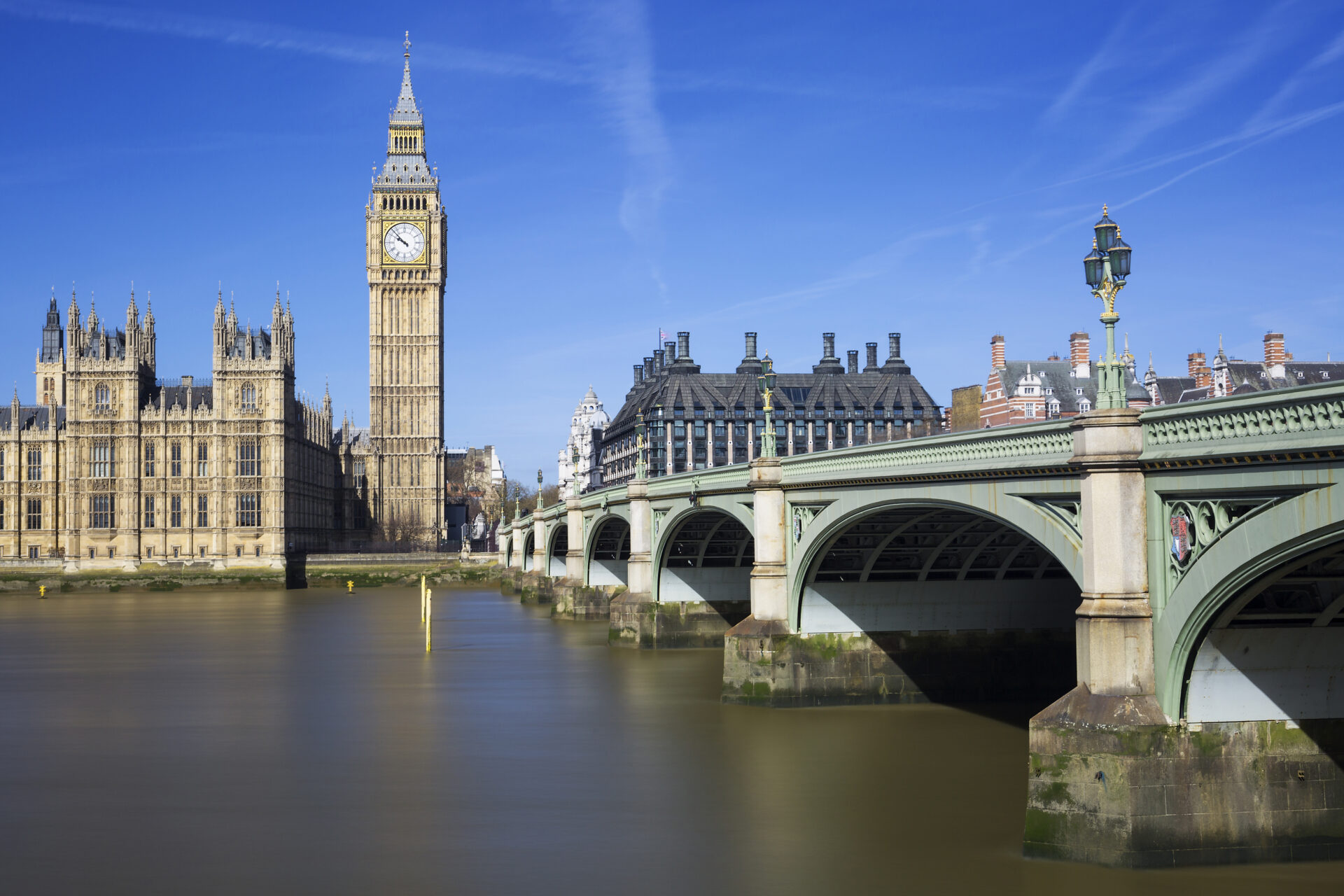English is one of the top languages spoken across the globe, and becoming an expert in the most common words used in English can improve your communication skills. Whether you are a student, traveller, influencer, working professional or housewife, knowing English’s most commonly used words will help you express yourself confidently.
Table of Contents
In this blog, we begin by familiarising ourselves with the 100 most common English words used in daily life to build our foundation. Think of these as essential tools that can help you navigate through everyday conversations or for English proficiency tests like IELTS, which require a diverse vocabulary.
Remember, the more words you know, the better you can express yourself and communicate fluently with others.
Let’s look at some of the simple english words for daily use. We have made a list of daily use vocabulary words with meaning. This simple approach will make your journey of learning English much more enjoyable and practical.
Why Do You Need To Build Your Daily Use Vocabulary?
Tired of the same old “like” and “um” routine? Level up your daily use vocabulary and watch your communication skills soar!
Here’s why you need to expand your word power:
- Express yourself with precision: Say goodbye to awkward pauses and hello to clear, confident communication.
- Have more engaging conversations: Spark interesting discussions and leave a lasting impression.
- Boost your confidence: Feel more at ease in any situation, from ordering coffee to giving a presentation.
- Discover new perspectives: Unlock the world of advanced books and articles, expanding your knowledge and ideas.
- Sound articulate and well-educated: Make a positive impression with your impressive vocabulary.
100+ Daily Use English Words With Meaning
Here, we’ve curated a list of the 500 most common English words with meaning that you’re likely to encounter in daily life.
The list of daily used English words with meaning and sentence given below is sorted in alphabetical order.
List of Words(A-G)
| Word | Meaning | Usage |
|---|---|---|
| Achieve | To accomplish or attain a goal | You can achieve anything if you work hard. |
| Active | Engaging in action; lively | I try to stay active by exercising regularly. |
| Approach | To come near or closer to something | He approached the door cautiously. |
| Affect | To influence or change something | The weather can affect your mood. |
| Appreciate | To value or be thankful for something | I appreciate your help with this project. |
| Bright | Giving off or reflecting much light; intelligent | The sun is very bright today. |
| Begin | To start doing something | The class will begin at 9 a.m. |
| Behave | To act in a certain way | Children should behave well in public. |
| Believe | To accept something as true | I believe he is telling the truth. |
| Benefit | To gain or profit from something | Regular exercise benefits your health. |
| Create | To bring something into existence | Please create this document as soon as possible. |
| Conclude | To bring something to an end | He concluded the meeting with a short speech. |
| Consider | To think carefully about something | She is considering moving to another city. |
| Confirm | To establish the truth of something | He confirmed the reservation for dinner. |
| Cover | To place something over or on something | The table was covered with a white cloth. |
| Develop | To grow or cause to grow; to evolve | Prerna has developed a fear of spiders. |
| Declare | To announce something publicly | She declared her candidacy for mayor. |
| Describe | To give details about something | She described the scene in vivid detail. |
| Display | To show or exhibit something | The museum displayed ancient artefacts. |
| Destroy | To ruin or demolish something | The storm destroyed several houses in the village. |
| Discuss | To talk about something with someone | They discussed their plans for the weekend. |
| Disturb | To interrupt or bother someone | Please don’t disturb me while I’m working. |
| Eager | Wanting to do something very much | I am eager to learn. |
| Excite | To cause strong feelings of enthusiasm | This news excites me. |
| Extra | Enjoyment, amusement, or light-hearted pleasure | She always gives that extra effort. |
| Experience | Knowledge or skill acquired through exposure | It was a memorable experience. |
| Examine | To inspect closely | The doctor examined the patient thoroughly. |
| Find | The front part of a person’s head | Did you find that article? |
| Fear | A water-dwelling animal with gills and fins | I fear dogs the most. |
| Follow | To complete something | Can you follow me on Instagram? |
| Finish | To fail to remember | Please finish your homework before dinner. |
| Forget | A domesticated ruminant animal | Don’t forget to bring your book. |
| Grow | To estimate or suppose without sufficient information | My plants grow very fast. |
| Guess | To request information or an answer | Can you guess what I’m thinking? |
| Guess | To estimate or assume without certainty | He guessed the answer to the question. |
| Generate | To produce or create something | The power plant generates electricity for the city. |
| Gain | To acquire or obtain something | She gained valuable experience during her internship. |
List of Words (H-N)
| Word | Meaning | Usage |
|---|---|---|
| Hair | Fine thread-like strands growing from the skin | His hair is always short. |
| Help | To assist someone in doing something | Can you help me with my homework? |
| Harm | To cause damage or injury | Pollution harms the environment. |
| Hurry | To move quickly or hastily | She hurried to catch the bus. |
| Hide | To conceal oneself or something | He hid behind the curtain when his friends arrived. |
| Idea | A thought or suggestion | I have an idea for our project. |
| Invite | To ask someone to come to an event | I want to invite you to my party. |
| Illustrate | To provide a visual explanation | The book is illustrated with beautiful pictures. |
| Inspire | To encourage someone to do something | Her speech inspired everyone in the room. |
| Introduce | To make someone known to others | He introduced her to his friends at the party. |
| Jump | To spring off the ground using the legs | I can jump really high. |
| Join | To connect or come together with something | Do you want to join our group? |
| Joke | Something said or done to cause laughter | I heard a funny joke today. |
| Justify | To give valid reasons for something | She justified her decision to leave the job. |
| Jiggle | To move something with quick movements | He jiggled the key to open the door. |
| Keep | To retain possession of something | Can you keep this with you? |
| Kind | Having a friendly, generous, and considerate nature | She is a kind-hearted person. |
| Know | To be aware of through observation, inquiry, or information | Did you know? I belong to Canada. |
| Knead | To press or massage with hands | She kneaded the dough until it was smooth. |
| Knit | To make fabric by looping yarn | She knits scarves during the winter. |
| Look | To direct one’s gaze towards something | She is looking right at you. |
| Learn | To acquire knowledge or skills | I have learnt this from my mom. |
| Light | The natural agent that stimulates sight | Please switch off the light. |
| Little | Small in size, amount, or degree | She is a little girl. |
| Laugh | To express happiness or amusement through vocal sounds | Do not laugh at her in public. |
| Manage | To control or handle a task | She manages a team of engineers at the company. |
| Maintain | To keep something in good condition | It’s important to maintain a healthy lifestyle. |
| Measure | To determine the size, amount, or degree | He measured the length of the table with a ruler. |
| Monitor | To watch or observe something carefully | The doctor monitors the patient’s progress regularly. |
| Multiply | To increase in number or quantity | The bacteria multiply quickly in the petri dish. |
| Negotiate | To discuss and reach an agreement | They negotiated the terms of the contract. |
| Notice | To become aware of something | She noticed the small details in the painting. |
| Nurture | To care for and encourage growth | She nurtured her garden with great care. |
| Narrow | To reduce in width or scope | They narrowed down the list of candidates to three. |
| Notify | To inform someone about something | She notified her manager about the problem. |
List of Words (O-T)
| Word | Meaning | Usage |
|---|---|---|
| Object | To express disapproval or opposition | He objected to the unfair decision. |
| Observe | To watch carefully or take note | The scientist observed the animal’s behaviour in its natural habitat. |
| Offer | To present or provide something | They offered him a job after the interview. |
| Overcome | To successfully deal with a challenge | She overcame her fear of public speaking. |
| Observe | To watch or examine something | He observed the stars through the telescope. |
| Pet | A domesticated animal kept for companionship | My sister has a pet dog. |
| Pretty | Attractive in a delicate way | You look pretty in this dress. |
| Participate | To take part in an activity or event | She participated in the school play. |
| Persist | To continue despite the difficulty | He persisted in his efforts to complete the project. |
| Postpone | To delay or put off something | They postponed the meeting due to bad weather. |
| Predict | To say what will happen in the future | The meteorologist predicted rain for tomorrow. |
| Quick | Moving fast or doing something in a short time | Please make it quick. |
| Quiet | Making little or no noise | Let’s have a quiet dinner tonight. |
| Quiz | A test of knowledge, typically in a game format | We have a quiz in school tomorrow. |
| Question | A sentence worded to elicit information | I have a question for you. |
| Queue | A line of people or vehicles awaiting their turn | Stand in the queue. |
| Recommend | To suggest something as a good option | The doctor recommended a healthier diet. |
| Reduce | To make something smaller or less | They reduced the price of the product to attract more customers. |
| Refuse | To decline or reject something | She refused the offer to move to another city for work. |
| Reflect | To show or think about something | His actions reflect his values and beliefs. |
| Regret | To feel sorrow or disappointment about something | She regretted not studying harder for the exam. |
| Search | To look for something carefully | He searched for his lost keys all morning. |
| Secure | To make something safe or stable | They secured the building after the storm. |
| Succeed | To achieve the desired result | She succeeded in passing the difficult exam. |
| Support | To give assistance or encouragement | He supported his friend during a difficult time. |
| Suggest | To propose or recommend something | The teacher suggested a different approach to solve the problem. |
| Transform | To change something significantly | The renovation transformed the old house into a modern home. |
| Travel | To go from one place to another | They travelled to Paris for their vacation. |
| Train | To teach or instruct someone | The company trains new employees on safety procedures. |
| Translate | To change words from one language to another | He translated the document from French to English. |
| Target | To aim at something or someone | The marketing campaign targeted young professionals. |
List of Words (U-Z)
| Word | Meaning | Usage |
|---|---|---|
| Unveil | To reveal something for the first time | The artist unveiled his latest painting at the exhibition. |
| Upload | To transfer data to a computer or website | She uploaded the photos to her social media account. |
| Uphold | To support or maintain something | The judge upheld the court’s previous decision. |
| Unwrap | To remove the covering from something | He unwrapped the gift with excitement. |
| Urge | To strongly encourage someone to do something | She urged her friend to apply for the scholarship. |
| Visit | To go see someone or a place | I will visit my parents this weekend. |
| Voice | The sound produced by humans for speaking | Her voice is so soothing. |
| Vote | A formal expression of opinion or choice in an election | Did you vote in the last election? |
| Validate | To confirm or prove something is true | The results validated the theory proposed by the scientist. |
| Verify | To check or confirm the accuracy of something | They verified the identity of the new employee. |
| Whistle | To make a high-pitched sound by blowing air | He whistled to get the dog’s attention. |
| Wonder | To feel curious or surprised about something | She wondered what life would be like in another country. |
| Weigh | To determine the weight of something | He weighed the package before sending it. |
| Whisper | To speak very quietly | She whispered the secret to her friend. |
| Whirl | To turn or spin around quickly | The leaves whirled in the autumn wind. |
| X-ray | A form of radiation used to see inside objects or bodies | I need to get an X-ray done. |
| Xerox | A brand name used as a verb for photocopying | Please make a Xerox copy of this document. |
| Xylophone | A musical instrument with wooden bars struck by mallets | The child played the xylophone at the concert. |
| Xenon | A chemical element, a colourless gas used in lighting | The scientist talked about xenon in the lab. |
| X-axis | The horizontal axis in a coordinate system | The graph shows data along the x-axis. |
| Yearn | To have a strong desire for something | She yearned for a peaceful life in the countryside. |
| Yelp | To make a sharp, high-pitched cry | The dog yelped in pain when it stepped on a thorn. |
| Yielding | To give way under pressure | The material is soft and yielding, making it comfortable to sit on. |
| Yank | To pull something with a sudden movement | She gave the rope a hard yank to free the stuck bucket. |
| Yonder | Over there, in the distance | You can see the mountain yonder, beyond the hills. |
| Zebra | An African wild horse with black and white stripes | I saw a zebra at the zoo. |
| Zest | Great enthusiasm or energy | He tackled every project with zest and enthusiasm. |
| Zephyr | A soft, gentle breeze | The zephyr blew through the trees, cooling the warm afternoon. |
Also Read:
- Latest IELTS Writing Task 1 2024: Vocabulary & Bar Chart
- Latest Vocabulary for IELTS Speaking: Definition & Best Sample Questions
60 Advanced English Vocabulary Every Person Should Know
While basic English words can get you through daily conversations, advanced vocabulary can be the key to unlocking opportunities.
Using advanced vocabulary is of crucial importance for several reasons:
- If you’re planning to study abroad, a strong command of advanced English will significantly enhance your academic experience, especially when preparing for tests like the IELTS. It’ll help you understand lectures, communicate with professors and colleagues, and write papers clearly and precisely.
- If you plan to travel to English-speaking countries for a longer period, advanced vocabulary will make your interactions more meaningful and help you navigate various situations confidently.
- For pursuing a career in English-speaking countries, having a solid vocabulary can make you a more engaging and interesting conversationalist, helping you build relationships and connect with others on a deeper level.
Though it’ll take you time and effort to master advanced vocabulary, this list is a great place to start!
Now let’s look at a table with 60 advanced words used in the English Language arranged in alphabetical order:
List of Words (A-M)
| Word | Meaning | Usage |
|---|---|---|
| Annoyed | Feeling irritated or displeased | The barber was very annoyed with its clients. |
| Accentuate | To make something more noticeable or prominent | The bright colours in the painting accentuate its beauty. |
| Acquiesce | To accept something reluctantly but without protest | He acquiesced to her demands after realising there was no other option. |
| Benevolent | Well-meaning and kindly | Sahil is a very benevolent person. |
| Beneficial | Having a good effect; advantageous | A good sleep is beneficial for your health. |
| Benediction | A blessing or expression of good wishes | The priest offered a benediction at the end of the service. |
| Berate | To scold or criticise someone angrily | The teacher berated the students for not completing their assignments on time. |
| Beseech | To urgently and fervently ask someone for something | She beseeched her friend to help her with the project before the deadline. |
| Curious | Eager to know or learn something | The laptop has been glitching for an hour. |
| Creative | Having the ability to create or invent | Prachi is a very creative writer. |
| Discussion | A conversation or debate about a specific topic | I have discussed this with you in detail. |
| Derived | Obtained from a source or origin | The formula for calculating the area of a square can be derived from its side length. |
| Defer | To put off or delay something | They decided to defer the decision until they had more information. |
| Discrete | Individually separate and distinct | The project was divided into discrete phases to make it easier to manage. |
| Ecstatic | Feeling overwhelming happiness or joy | I felt ecstatic when I received the news of my promotion. |
| Enigma | A person or thing that is mysterious or difficult to understand | Enigma was a famous encryption machine used during World War II. |
| Elucidate | To make something clear or explain | The teacher took time to elucidate the complex topic for her students. |
| Enchant | To delight or captivate someone | The fairy tale enchanted the children, drawing them into its magical world. |
| Frugal | Economical or avoiding waste | My friend is very frugal and always looks for ways to save money. |
| Flabbergasted | Extremely surprised or shocked | She was flabbergasted to hear about Tina’s passing. |
| Gorgeous | Beautiful or attractive | Yukti is looking very gorgeous today. |
| Glitch | A minor malfunction or error | The laptop has been glitching for an hour. |
| Hindsight | Understanding a situation after it has happened | Hindsight is always 20/20, meaning that it is easy to understand something after it has already happened. |
| Hilarious | Extremely funny | Dhruv is very hilarious. |
| Intimidate | To frighten or make someone feel afraid | Tanya is intimidated by Muskan. |
| Impending | About to happen or imminent | I have a feeling of impending doom about the future of our planet due to climate change. |
| Joyous | Full of happiness and joy | Christmas is a very joyous occasion. |
| Jeopardy | The danger of loss, harm, or failure | Don’t put your life in jeopardy by rash driving. |
| Knight | A man awarded an honorary title of knighthood | The knight rode his horse towards the castle. |
| Kinetic | Relating to or resulting from motion | The ball’s kinetic energy increased as it rolled down the hill. |
| Luminous | Emitting or reflecting light, shining | The stars in the sky were so luminous that they illuminated the entire night sky with their bright light. |
| Lure | To attract or entice someone | The witch lures her with gold. |
| Moreover | In addition to, also | Moreover, the plane was flying higher than they thought. |
| Magnanimous | Generous or forgiving, especially toward a rival or less powerful person | The billionaire’s magnanimous donation to the charity helped improve the lives of thousands of people. |
List of Words (N-Z)
| Word | Meaning | Usage |
|---|---|---|
| Nevertheless | In spite of that, however | Nevertheless, the team managed to win the game despite the odds. |
| Noble | Having high moral qualities, honourable | Charles was a very noble soul. |
| Obnoxious | Extremely unpleasant or offensive | I don’t like being around people who behave obnoxiously. |
| Obsolete | No longer produced or used; out-of-date | This article has become obsolete. |
| Paranoid | Having an irrational fear or suspicion | Ross has become paranoid after he was mugged. |
| Patent | A government authority to exclude others from making, using, or selling an invention | Rachel patented the software she made. |
| Quarry | A place where stones or minerals are extracted | The workers were busy digging in the quarry to extract the valuable stones. |
| Quintessential | Representing the most perfect or typical example of a quality or class | Visiting Paris and seeing the Eiffel Tower is a quintessential experience for anyone travelling to France. |
| Resilient | Able to withstand or recover quickly from difficult conditions | Despite facing numerous challenges, she remained resilient and never gave up on her dreams. |
| Radiate | To emit energy or light in all directions | The bride radiated beauty and happiness on her wedding day. |
| Serene | Calm, peaceful, and untroubled | The view was serene. |
| Synthetic | Made by chemical synthesis, especially to imitate a natural product | You should not use synthetic bags. |
| Scrutinise | To examine closely and thoroughly | The auditor will scrutinise the financial records for discrepancies. |
| Tranquility | A state of peace and calm | The sound of waves crashing on the shore brought a sense of tranquillity to her mind. |
| Tenacious | Holding firm to a purpose or task; persistent | Despite facing numerous obstacles, the tenacious athlete never gave up and ultimately achieved their goal. |
| Unveil | To reveal or make known | The company is planning to unveil its latest product at the upcoming conference. |
| Ultimatum | A final demand or statement of terms | He issued an ultimatum to his employees to complete the project by Friday. |
| Varicose | Enlarged and swollen veins, often in the legs | Varicose veins can be uncomfortable and unsightly. |
| Volatile | Likely to change rapidly and unpredictably | The situation was volatile and could escalate quickly. |
| Wanderlust | A strong desire to travel and explore the world | Her wanderlust drives her to explore new countries. |
| Whimsical | Playfully quaint or fanciful; unusual in an appealing way | The whimsical butterfly fluttered around the garden. |
| Xenial | Friendly and hospitable, especially to strangers | The hotel staff was xenial and made us feel at home. |
| Yearn | To have an intense feeling of longing for something | I yearn for the day when we can travel freely again. |
| Yield | To produce or provide; to give way to pressure or force | The farmer’s crops yielded a bountiful harvest this year. |
| Zestful | Full of energy and enthusiasm | Her zestful energy was contagious. |
| Zodiac | A circle of twelve 30° divisions of celestial longitude that is centred upon the ecliptic | The Zodiac is an astrological concept based on the position of the sun and planets. |
Also Read:
- 350+ Daily Used Vocabulary words with Meaning for IELTS
- IELTS Travel Vocabulary For English Learners: Sample Of Tourism, Transportation, Tickets & More
- Food IELTS Vocabulary: Guide on Food Related Vocabulary for IELTS
How To Use Good Vocabulary in Your IELTS Exam?
Cracking the IELTS exam isn’t just about grammar and structure—it’s also about word power. The IELTS exam consists of four modules: Speaking, Listening, Reading, and Writing. Mastering each module requires a robust vocabulary tailored to diverse contexts. A strong vocabulary can be your secret weapon to nail those reading passages and confidently express yourself.
Here’s how to boost your daily use English words:
- Read widely: Dive into books, articles, and newspapers to expand your vocabulary.
- Vocabulary journal: Keep a note of new words and their meanings. Review them regularly.
- Synonym swap: Instead of repeating the same words, use synonyms to show off your linguistic skills.
- Practise makes perfect: Use new words in your writing and speaking practise to make them your own.
- Be descriptive: Instead of generic words, use vivid language to paint a picture.
Remember: A rich vocabulary isn’t just about impressing the examiner—it helps you communicate your ideas clearly and effectively. So, start building your word arsenal today and watch your IELTS score soar!
Read more about IELTS vocabulary.

Explore all countries

Get a Free IELTS Vocabulary Cheatsheet
With 350+ words you should know for a 7+ IELTS band score.
To Conclude
Building a strong vocabulary is essential for effective communication, whether in daily life or for standardised tests like the IELTS. It allows you to express yourself precisely, engage in meaningful conversations, boost your confidence, gain new perspectives, and make a positive impression.
Remember, preparing for the IELTS exam can be daunting, but you can achieve your desired score with the right guidance and practice.
The LeapScholar IELTS Prep App is here to help you prepare for the exam with ease and confidence.
We provide personalised classes and practice tests to help you improve your reading, writing, listening, and speaking skills.
With LeapScholar, you’ll be fully equipped to tackle the IELTS exam and achieve your desired score.
If you still need help, you can contact our counsellors.
Frequently Asked Questions
-
Q. What are the most common English words used in daily life?
Ans. Beginners should start with the most common English words used in daily life like “the,” “is,” “and,” “you,” “it,” “we,” “he,” “she,” “they,” and “that.” These foundational words help in forming simple sentences, making it easier for beginners to engage in basic conversations and comprehend simple dialogues in English.
-
Q. How can I improve my vocabulary with the common English words used in daily life?
Ans. To improve vocabulary, practise using the most common English words used in daily life through reading, writing, and conversations. Additionally, utilising flashcards, language apps, and regular exposure to English media (such as TV shows or news) are also effective ways to reinforce these words.
-
Q. Are there any specific apps or resources that help learners quickly memorise the most common English words used in daily life?
Ans. Yes, apps like Duolingo, Memrise, and Quizlet are great for helping learners memorise the most common English words used in daily life. These platforms use spaced repetition and interactive exercises to make learning faster and more engaging, enabling learners to retain new vocabulary better and apply it in real-life situations.
-
Q. What are some tips for using good vocabulary in the IELTS exam?
Ans. To enhance your vocabulary for the IELTS exam, read a wide range of materials, including books, articles, and essays. Practising writing tasks using varied vocabulary is essential, as it helps you become familiar with synonyms and different ways to express ideas. Additionally, learning new words in context to improve your writing and speaking scores in the exam.
-
Q. Why is it important to master the common English words used in daily life for better communication?
Ans. Mastering the most common English words used in daily life is essential because they form the backbone of everyday conversations. Understanding and using these words correctly helps improve clarity and fluency. Also, it makes communication smoother and more effective, which is particularly important in both social and academic contexts.
-
Q. How to speak English regularly?
Ans. To speak English regularly, try to incorporate the language into your daily routine. Engage in conversations with friends or family who speak English, join language exchange groups, or participate in online forums. Setting specific times for speaking practise, such as during meals or while commuting, can also help.
-
Q. Can understanding the most common English words used in daily life help in passing English proficiency exams?
Ans. Yes, a strong grasp of the common English words used in daily life can significantly aid in passing English proficiency exams. These words are frequently used in exam questions, reading passages, and listening exercises, so knowing them well can boost overall comprehension and performance. Familiarity with these words can improve your comprehension skills and boost your overall exam performance.
-
Q. How can I remember new words that I learned?
Ans. Some ways to remember new words include daily using English words by taking the help of flashcards, creating word associations, practising using the words in context, and using apps and online tools to help you memorise and review new words. Additionally, reading extensively in English(articles, newspapers, magazines) can help reinforce your memory of new words.
-
Q. How can I improve my reading and writing skills for the IELTS exam?
Ans. To improve your reading and writing skills for the IELTS exam, you can practise reading and writing regularly, read extensively on various topics, learn new vocabulary, and take practise tests to assess your progress. Additionally, taking practise tests can help you assess your progress and identify areas for improvement.
-
Q. How many words do you need to know to become conversational in English?
A: To become conversational in English, you should know at least 1,000-1,500 English words. This will allow you to understand and respond to basic questions and engage in simple conversations. However, to become fluent in English, you must have a much larger vocabulary, ranging from 3,000 to 10,000 words or even more.
-
Q. How to speak English fast at home?
Ans. To speak English fast at home, focus on practising speaking every day. You can do this by reading aloud from books or articles and recording yourself to track your progress. Watching English movies or series with subtitles can help you pick up natural phrases and improve your speed. Furthermore, try shadowing native speakers and repeating what they say in real time to improve fluency and speed over time.















Have Questions? Get Guidance to reach your Dream University
Connect with India's finest counsellors and biggest study abroad community.
Get Guidance